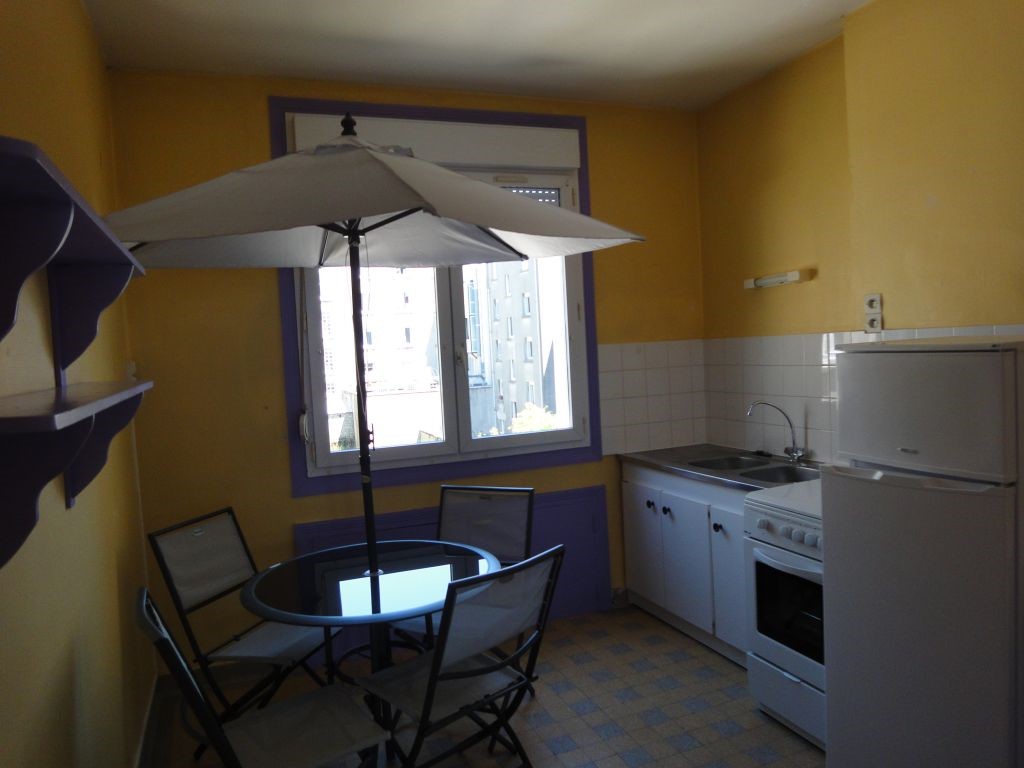The Trade Union Congress published a report showing that as of the end of 2016, the average amount of unsecured debt per household in the UK had reached a record high of £12,887.
Even at the Bank of England’s more conservative estimate (which doesn’t include student loan debt), which does not put it at a record high, household debt has been increasing steadily over the past few years, with a particularly marked jump last year.
The TUC’s Frances O’Grady said: “These increases in household debt are a warning that families are struggling to get by on their pay alone. Unless the Government does more for working people, they could end the new year poorer than they start it.
“Employment may have risen, but wages are still worth less today than nine years ago.”
As we can see, over the past nine years (since 2007), average weekly earnings went up by 18%, from £428 to £505 while the cost of living (as measured by CPI inflation), grew by 31%. If wage growth had followed the same trajectory, average weekly earnings would be sitting at closer to £560 by now.
House prices have also been growing, though albeit at a slower rate than both wages and inflation over the nine year period. This is due to the drop in average house prices immediately following the crash of 07/08. However, between 2010 and 2016, house prices grew by an average of 23%, compared to a 21% jump in inflation, and a rise of just 11.6% in average wages.
So living has certainly got more expensive, compared to what people are earning, over the past nine years. And this is, as O’Grady says, something that contributes to higher levels of debt as people feel the need to borrow to get by. However, this is not the whole story.
Since 2007, credit has been getting steadily cheaper. The Bank of England’s base rate was at 5.75% in 2007, and now sits at just 0.25%, after being lowered following the Brexit vote, before which it sat at 0.5% for seven years.
Mortgage rates are lower as well – the average bank’s standard variable rate was 6.26% back in 2007, and is now just 3.34%. Average rates for fixed rate plans have followed a similar trajectory.
This means that (at least proportionally to house prices), monthly mortgage payments are slightly lower, increasing household’s disposable income. This is backed up by the TUC’s own statistics, that show disposable income per household to have grown from £38k in 2007 to £47k at the end of 2016. Debt as a portion of household income is also lower today than it was in 2007 (27.4% compared to 28.6%).
Ultimately, as the Bank of England’s chief economist Andy Haldane explained: “Interest rates are still very low, and are expected to remain low for the foreseeable future, so there are fewer concerns on debt servicing than there were in the past”.
Effectively, debt levels have increased but, for the most part, debt is also more affordable now than it has been historically, and so the increased debt is not necessarily problematic.
However – this does not mean that wanton borrowing is the order of the day. As Haldane went on: “there are reasons not to be too alarmed about [debt] ticking up, but it is absolutely something we will watch carefully.”
If you’re finding that your debt is growing out of control, or that you are having to rely on debt to survive, then you should seek debt help.

Infographic by Money Expert Money Expert Debt Management






















 Bitcoin
Bitcoin  Ethereum
Ethereum  Tether
Tether  XRP
XRP  Wrapped SOL
Wrapped SOL  USDC
USDC  Lido Staked Ether
Lido Staked Ether  TRON
TRON  Cardano
Cardano  Avalanche
Avalanche  Toncoin
Toncoin